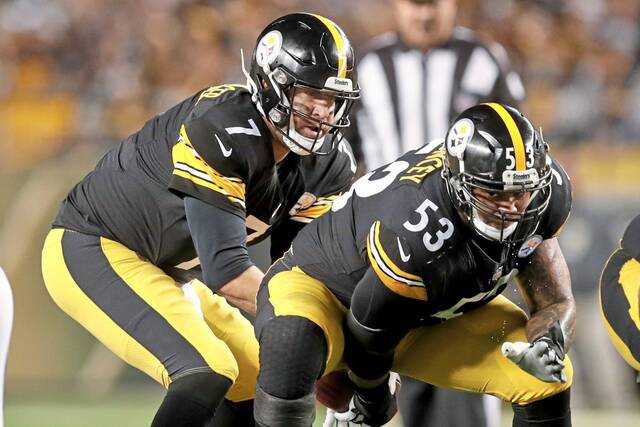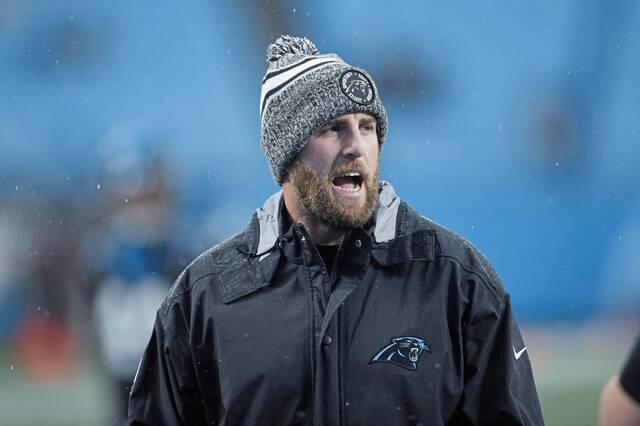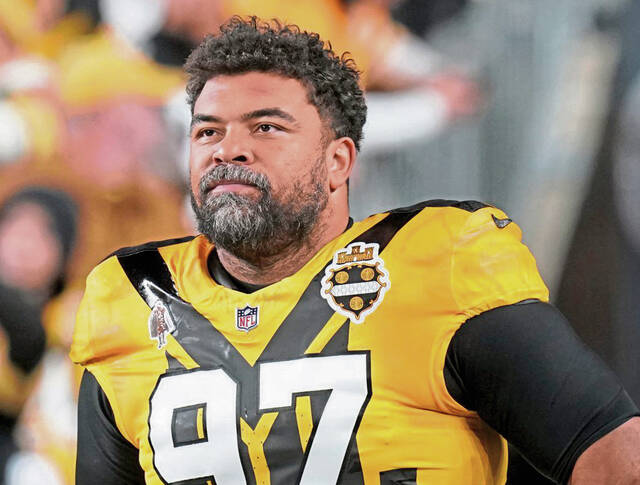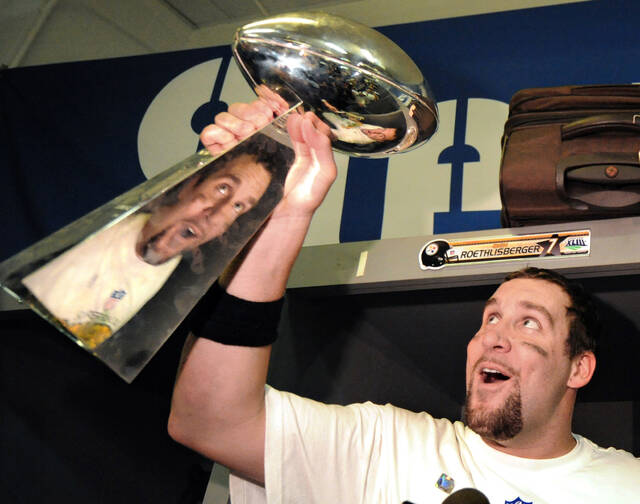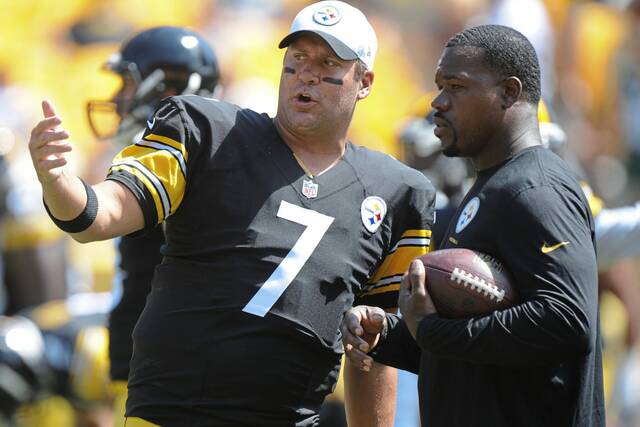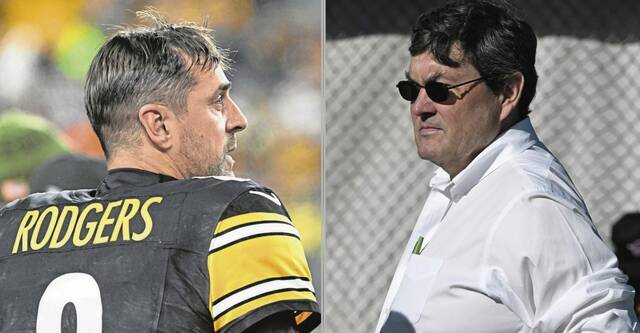No running back — and no team — did more to influence Le’Veon Bell’s contractual course of action than Todd Gurley and the Los Angeles Rams.
Gurley did enough damage to the rest of the National Football League his first three seasons that the Rams made him the NFL’s highest-paid running back in history. The organization gave him a four-year extension worth $60 million, with $45 million guaranteed.
Los Angeles did that despite a growing movement within the NFL to use a back-by-committee approach. And Gurley made the investment pay off by guiding the Rams to a 13-3 record with 315 touches, 1,831 yards from scrimmage and 17 touchdowns.
I share in a widely held belief that Bell refused to play on the Steelers’ $14.54 million franchise tag in 2018 because Gurley got the money that he did. Remember, Bell’s agent, Adisa Bakari, said on July 17 that his client would play this past season “barring something exceptional.”
A week later, on July 24, Gurley inked that “exceptional” contract.
The next thing you knew, James Conner was the Steelers’ starting running back, and Bell was jet skiing and working on his jump shot at L.A. Fitness.
Khalil Mack and Aaron Donald signed some big deals shortly thereafter. But it was Gurley who broke the mold at Bell’s position. No doubt Bell felt emboldened at the prospect of holding out and getting a big contract anyway based on the numbers that came in for Gurley.
Now, though, the Gurley deal may be held up as reason to avoid signing Bell to a huge contract as much as it had been viewed as a reason to write that kind of check back in December.
For as much as Gurley continued to be the straw that stirred the drink in L.A. for the first 15 games of 2018, he was replaced seamlessly by C.J. Anderson following what has since been deemed to be a knee injury to Gurley.
Anderson totaled 299 yards on 43 carries during the last two regular-season games. Then, he and Gurley split carries to the tune of 238 combined yards in a Divisional Round playoff win over Dallas.
From there, both backs struggled in the NFC Championship Game and the Super Bowl.
Last week on FS1, Anderson said that looking back to when he was signed in Week 16, Gurley “was more hurt than what we thought. The injury was a little bit more than what everybody in the building thought, including himself.”
He also went on to say “it’s the same knee injury he’s had before in his career. Obviously, I had surgery on my meniscus and once you have a knee, you always have a knee.”
So, even though the Rams can’t be mad at the bang-for-the-buck they got from Gurley, two warning lights have to go on for clubs who may be tempted to sign Bell for similar money.
• Even if Bell’s production is worth it financially, since “once you have a knee, you always have a knee,” should Bell be given a Brink’s truck worth of money given his history of knee injuries?
• The Rams turned their nose up at the idea of back-by-committee, but their results for five straight weeks didn’t vary based on whether the back was Anderson or Gurley. When there are so many examples to suggest otherwise, is paying a substantial premium for elite talent at running back really worth it?
It’s going to make for very interesting conversation when Bakari shops Bell to other teams. They’ll start with a low-ball offer. Then Bakari will counter by saying, “Well, look at the Rams with Todd Gurley.”
And my guess is those teams will respond by saying, “Yeah. Exactly. Look at the Rams with Todd Gurley.”
The Gurley contract right now appears to be both Bell’s strongest and most vulnerable point at various NFL negotiating tables.
Bell better hope Bakari sits him down at the right table.




